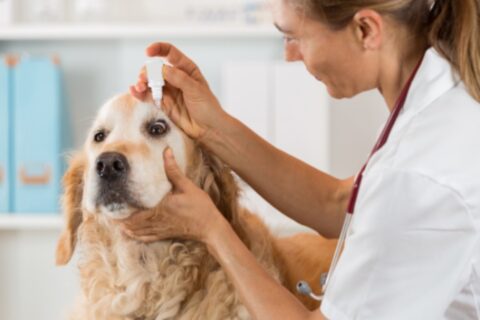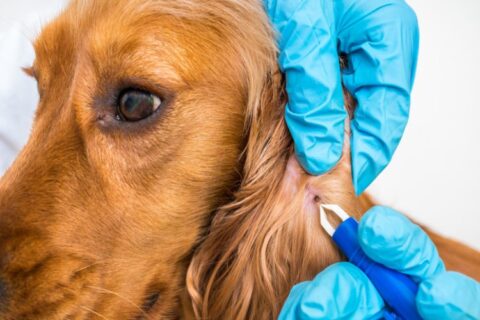Spotlight on National Pet Dental Health Month
Even the most dedicated pet parents often overlook one important aspect of their pet’s well-being: dental health. February is National Pet Dental Health Month, a time to increase awareness on why oral health care is crucial for animals and a reminder to make an appointment with your veterinarian in Saratoga or Campbell for a checkup for your pet. Here is a closer look at National Pet Dental Health Month and why it is so important to your pets.
Why do we need a National Pet Dental Health Month?
Did you know that one of the most common diseases that affect both cats and dogs is dental disease? According to the American Veterinary Medical Association (AVMA), about 80% of adult dogs and 70% of adult cats have periodontal disease. Despite this risk, many pet owners are unaware of or underestimate the chances that their pets could be suffering from oral health problems. To increase awareness and to encourage people to make an appointment at their veterinary hospital for oral health care, the AVMA designated February as National Pet Dental Month. Animal clinics across the country use it as a chance to boost awareness about oral health with their clients.
What problems can dental disease cause?
Dental disease in pets can cause many of the same problems that it can cause in people. In addition to toothaches, gum irritation, and tooth loss, bacteria associated with dental diseases can enter the bloodstream and affect overall health, leading to a range of problems, including heart disease. Dental disease can also make it painful for your pet to eat and affect their quality of life.
What can I do to reduce the risk of dental disease?
Start by having regular checkups at your veterinary hospital. You may not notice the symptoms of dental disease in its early stages, but your veterinarian can spot it and recommend treatments. Your vet can also show you how to brush your pet’s teeth at home. Home brushing can dramatically reduce the amount of plaque on your pet’s teeth and help reduce the risk of gum disease, tooth loss, and other health issues. Schedule an appointment today. Reed Animal Hospital offers non-anesthetic dental cleaning and anesthetic cleaning depending on what is needed to take care of any issues in your pet’s mouth.



